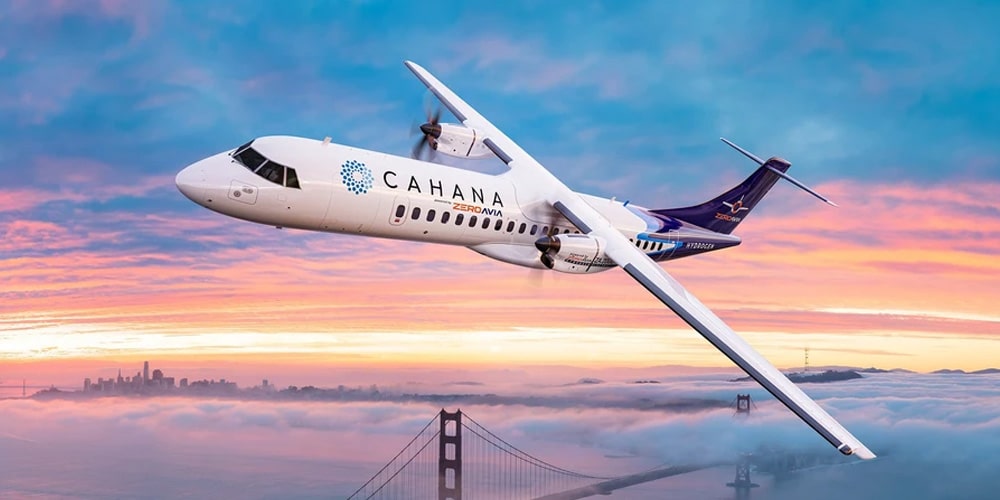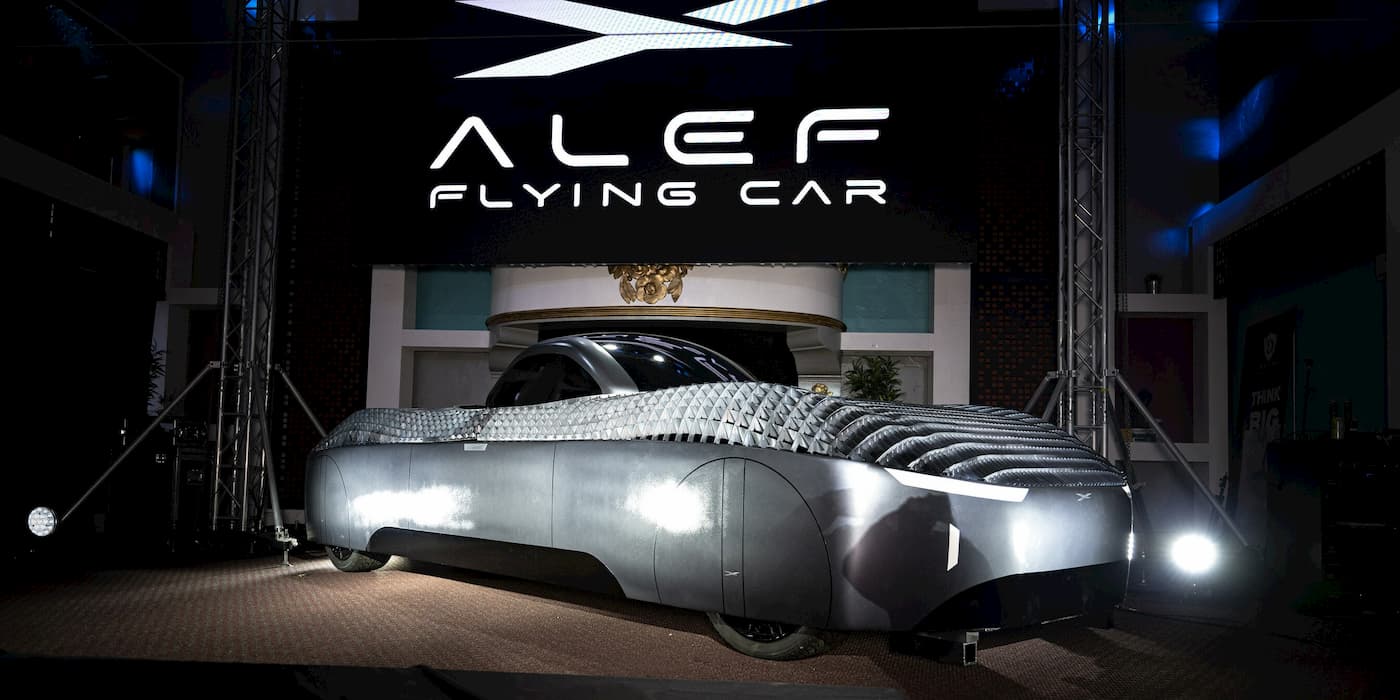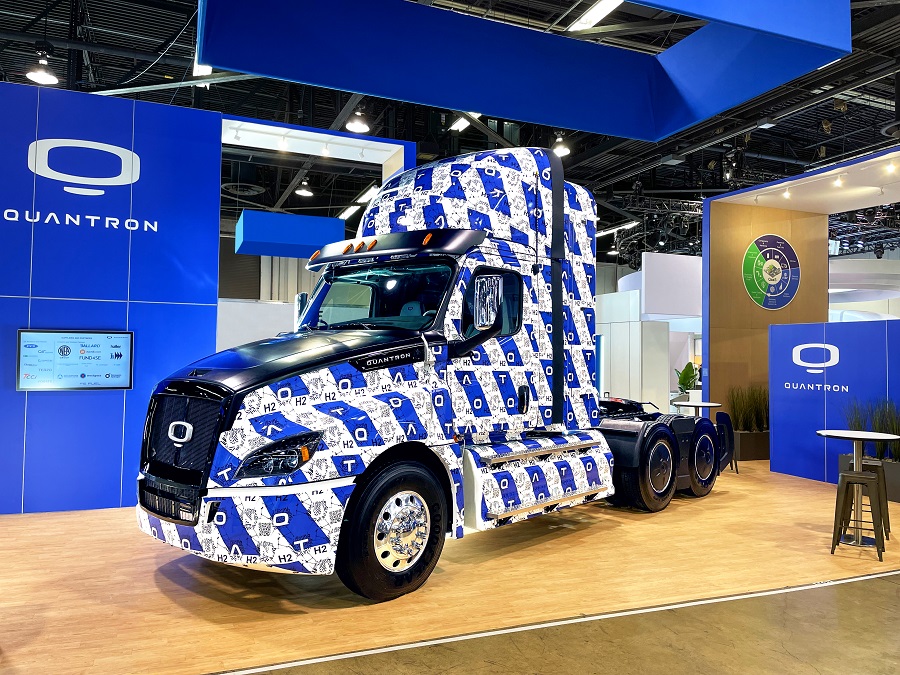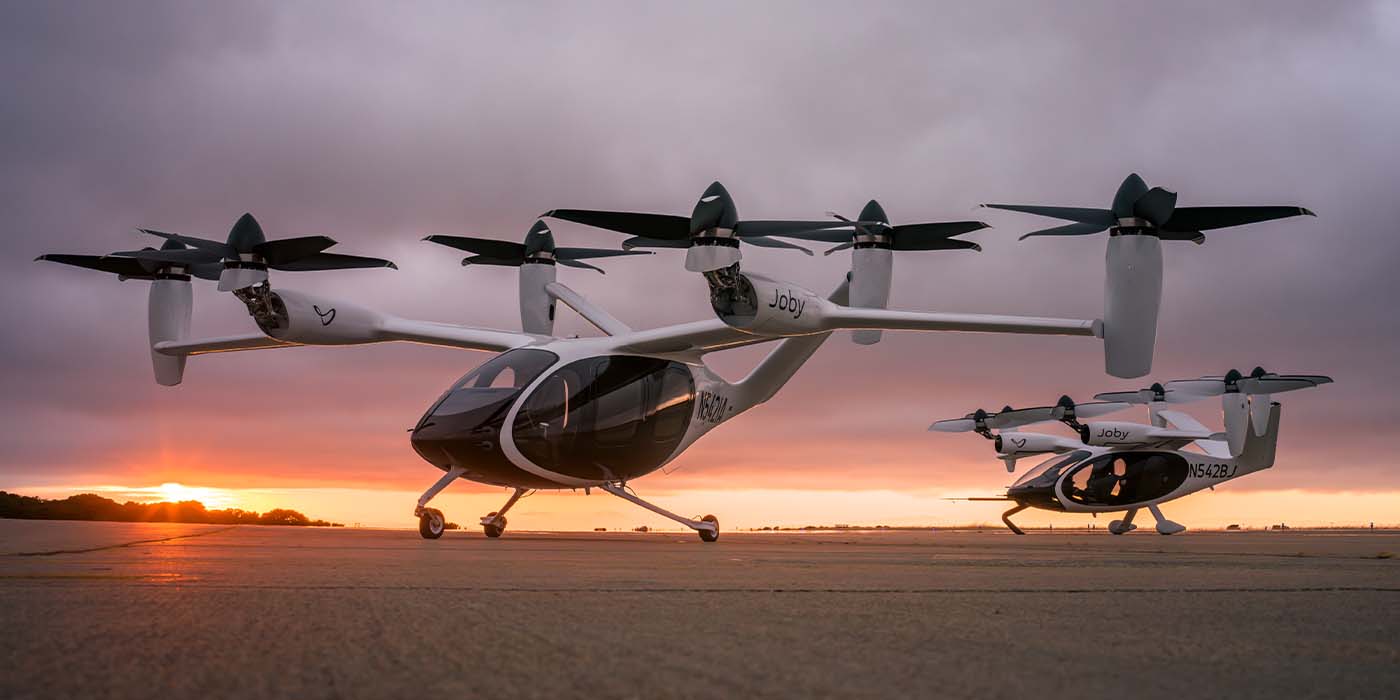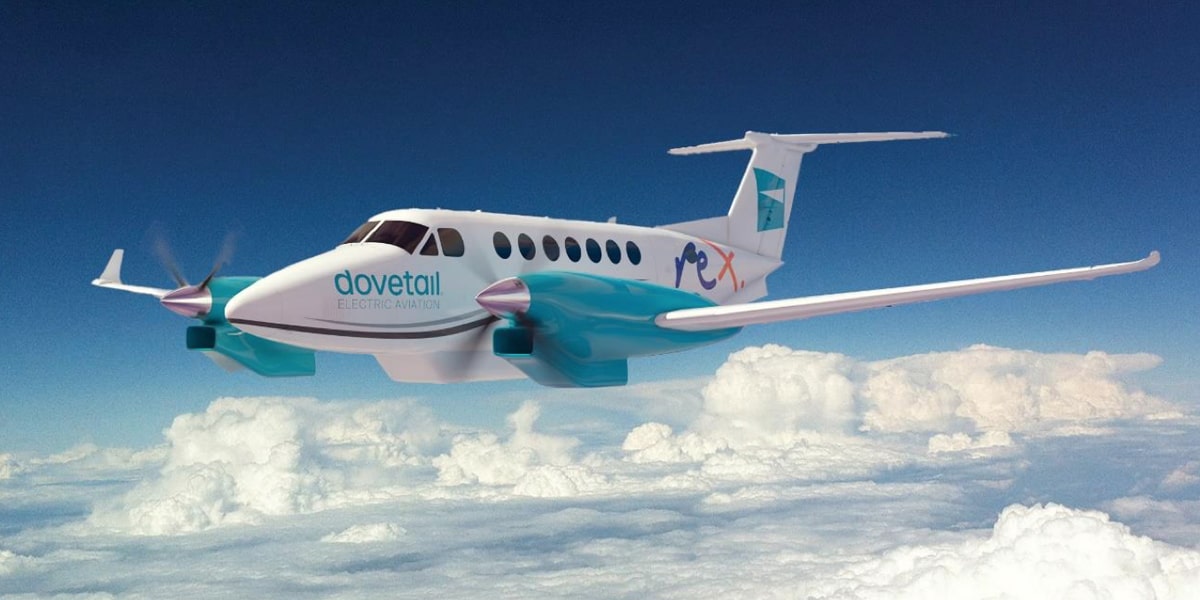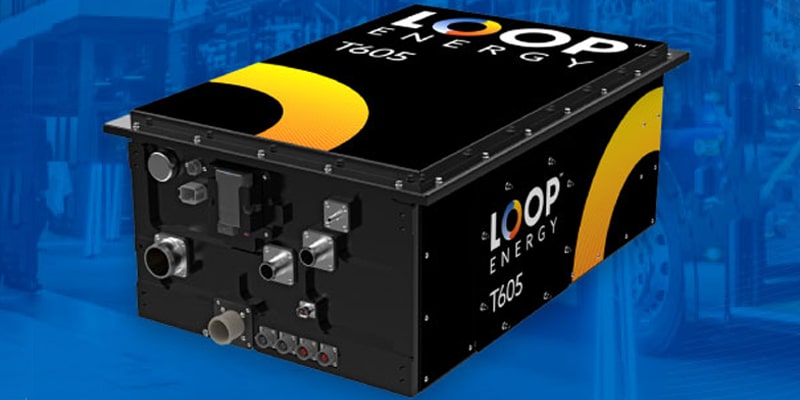ZeroAvia, a player in the field of electric aircraft propulsion, has recently announced significant orders from three separate customers. These agreements entail the delivery of a minimum of 350 cutting-edge hydrogen-electric powertrains, marking a major milestone in the pursuit of sustainable aviation.
Flyshare, a Los Angeles-based company, has emerged as the first customer, placing an order for 250 ZA2000 hydrogen-electric powertrains. Flyshare intends to launch a “sustainable regional air service” named Air Cahana along the US West Coast. In its initial phase, the airline plans to incorporate other eco-friendly technologies, such as Sustainable Aviation Fuel (SAF), with the goal of transitioning to zero-emission operations as soon as these advanced technologies become readily available.
See also: ZeroAvia Makes History with Maiden Flight of World’s Largest Hydrogen-Electric Powered Aircraft
ZeroAvia and Flyshare are set to collaborate closely to determine the optimal deployment strategy for hydrogen-electric aircraft, thereby bolstering the prospects of achieving zero-emission commercial flights between major metropolitan areas on the West Coast and potentially beyond within the next five years.
Green Aerolease, a French rental company, has also joined forces with ZeroAvia. Although the exact number of orders remains undisclosed, the partnership represents a significant step towards adopting the hydrogen-powered ZA600 in the future. ZeroAvia has confirmed that the two companies have formally signed an agreement to solidify their collaboration.
These hydrogen-electric powertrains will be employed for retrofitting aircraft operated by the French airline Finistair. The ZA600, a 600 kW engine specifically designed for aircraft accommodating 9 to 19 seats, offers an impressive range of 300 nautical miles (approximately 556 kilometers). Anticipated to debut in 2025, this technology paves the way for Finistair to offer zero-emission flights, aligning with France’s recent ban on short-haul domestic flights between cities that can be connected via a train journey lasting less than 2.5 hours.
See also: Fortum and ZeroAvia Partner to Explore Hydrogen Infrastructure for Zero-Emission Flights
Moreover, ZeroAvia’s existing agreement, originally signed last year with Monte Aircraft Leasing, has now transitioned into a purchase contract. This entails the supply of up to 100 ZA600 hydrogen-electric powertrains. Notably, the technology is scheduled to enter the market by 2025, following the successful completion of its first test flight earlier this year.
The promising developments in ZeroAvia’s recent orders reflect the growing demand for sustainable aviation solutions. By harnessing the potential of hydrogen-electric powertrains, the aviation industry moves closer to realizing its zero-emission goals and fostering a more environmentally conscious future.

